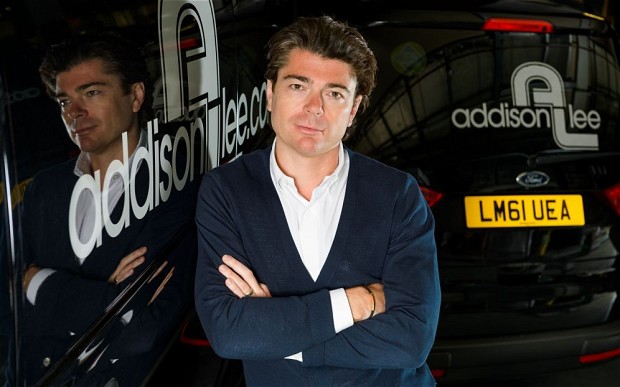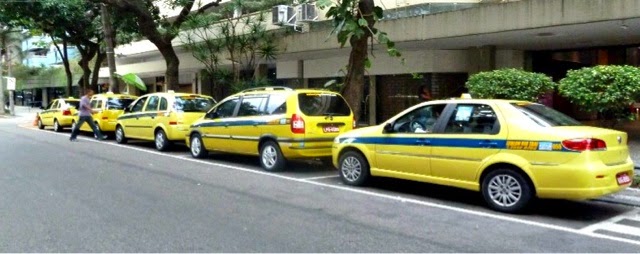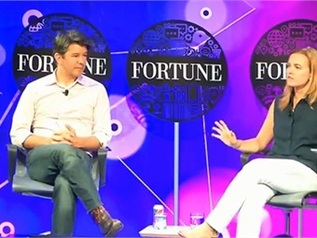Knowledge test for taxi drivers in South Somerset

TAXI drivers in Chard and Ilminster will have to pass a knowledge test if they want a licence, it has been announced.
South Somerset district councillors have approved plans to introduce the test for private hire and hackney carriage drivers.
Drivers will take the test as part of the licence application process – those who currently hold a licence will have to take a test in the next two years.
The test will consist of multiple choice questions and will be taken at the council’s offices in Brympton Way, Yeovil.
The council’s proposals were approved on Thursday night and a report said: “For some time both officers and members have become aware of an increase in the number of applications for driver’s licences.
“A proportion of these have been from outside the area and occasionally from different regions, with little evidence to suggest any intention to work in this area.
“It is unclear why there has been an increase in applicants for driver’s licences to the council, because a licence issued in South Somerset only has limited use outside the area – however, officers speculate it is due to perhaps a more rigorous and expensive application process at other authorities.
“The compound effect has been an excessive demand for licences in South Somerset.
“Officers are aware that there are now a disproportionate number of drivers applying for licences in South Somerset with limited geographical knowledge of the area.”
The test will be similar to that used in London to ensure taxi drivers have a sound knowledge of the area.
Christine Sunter, of Angel Taxis, had mixed views about the test but said that if it kept customers happy it was a good idea.
James Logsdon, of BW Taxis, which has 25 drivers, said: “It is a good idea because of the rural location where we work, because sometimes sat-navs do not always get it right.
“But technology makes taxi driving an easy job and when you are covering a huge area with little villages, some of those aren’t even on an AA map.
“I am not sure how they are going to get it accurate and a fair test.”











Recent Comments